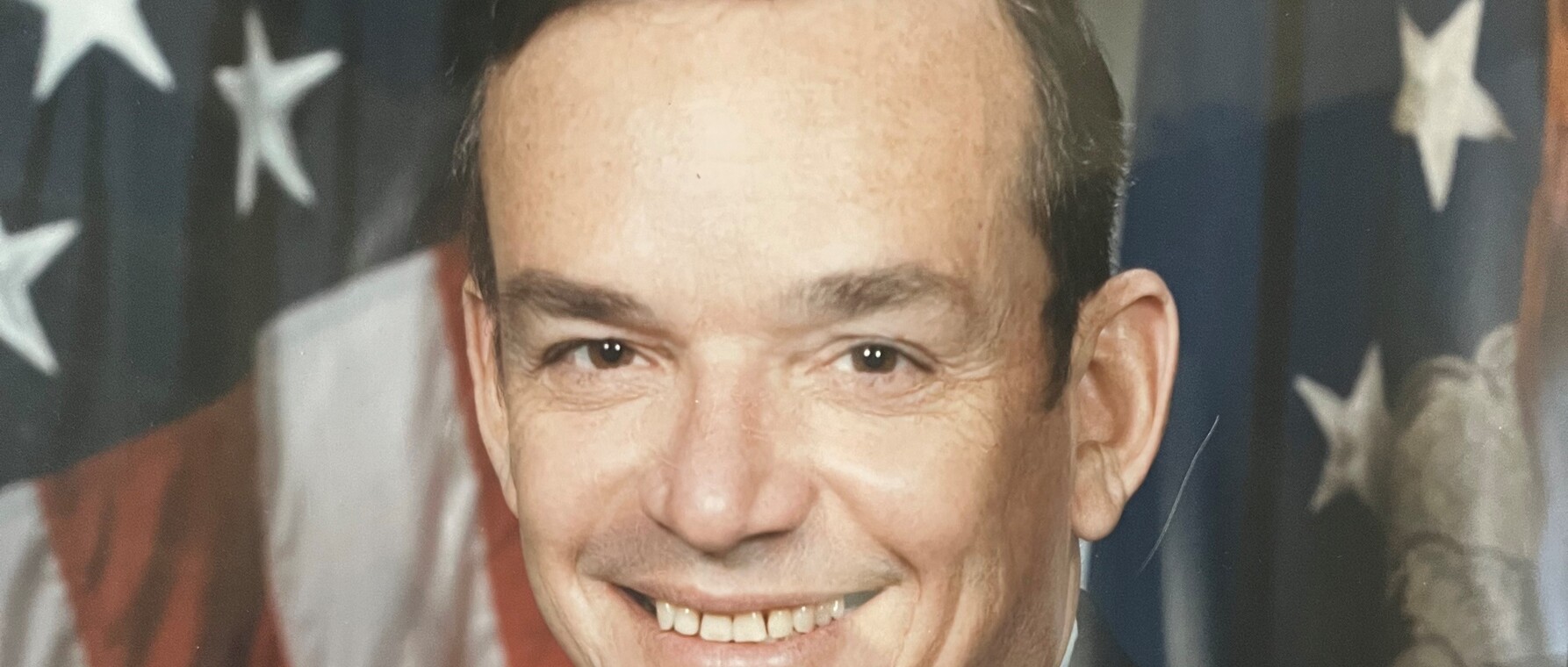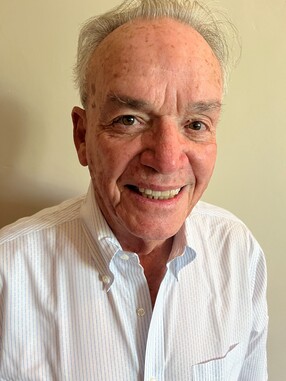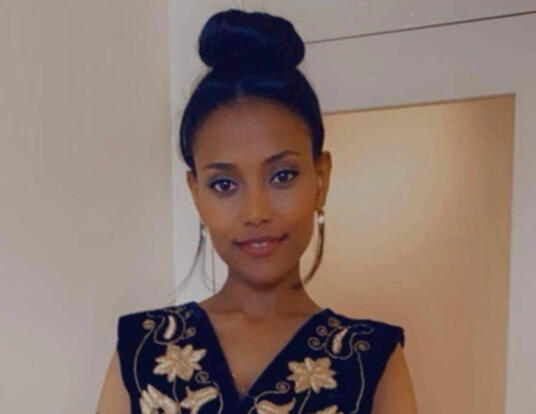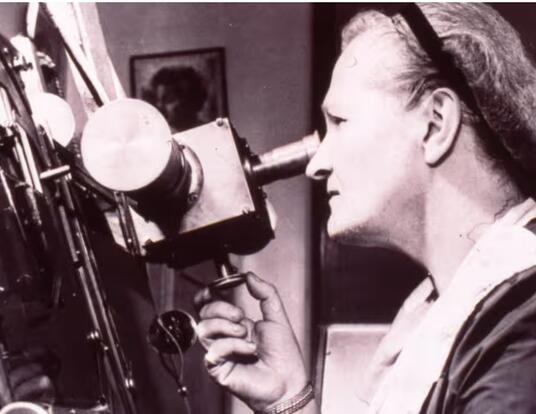Heading Off Armageddon
GSAS Voices: Lee Denson, PhD '67

Throughout its 150th anniversary year, GSAS is foregrounding the voices of some of its most remarkable alumni and students as they speak about their work, its impact, and their experiences at the School.
Lee Denson is a graduate of the United States Military Academy West Point, a combat veteran, and a retired brigadier general in the United States Air Force. He talks about his research on national security, his work on a nuclear arms control treaty that helped end the Cold War, and his PhD advisor’s surprising reaction to his dissertation.
Focus on National Security
I graduated from West Point in 1956 and was recruited while there to teach at the Air Force Academy. I got my pilot’s wings, was trained in conventional and nuclear delivery, and served in Europe, spending about half my time on alert and the other half on readiness training. During my time there, I developed the first bomb commander school in the European Command, which spread to other bases where there were nuclear-qualified pilots and aircraft.
While sitting on alerts for many hours, I read Foreign Affairs, which ran articles by Harvard professors like Thomas Schelling and Henry Kissinger. When I finished my tour, the Air Force asked which graduate school I wanted to attend prior to my teaching assignment at the Academy. I requested Harvard because I figured the professors there knew a lot about the demands of national security, and I wanted to learn from them.
One of the best was Stanley Hoffmann. He had been a captain in the French army in Algiers. He reached out to about five of us who were in uniform at GSAS and invited us to monthly lunches. He would ask us what was on our minds and give us a little informal teaching. It was totally voluntary on his part—but it was stimulating and inspirational for me.
I was supposed to spend two years at Harvard to get my master’s degree but was offered a third year to conduct research and start my PhD. My dissertation was on Secretary of State John Foster Dulles, but my field was really national security—in essence, which wars to fight and which not to. With the exception of the Persian Gulf War, the United States does not have a very good track record since its intervention in Korea. When I taught at the Air Force Academy, I told my cadets—fortunately, we were able to express ourselves very freely there—that we were making a mistake by deepening our involvement in Vietnam. It was an insurgency. If we stayed there with large forces, we were going to become the enemy.
I also developed an international political game I taught to promising cadets majoring in international relations at the Air Force Academy. We wanted to expose them to the complexity of statecraft, so the game included not just warfare, which should always be the last resort, but also the roles of diplomacy, public affairs, technology, trade and investment, and the importance of alliances. It really got them thinking.
The Beginning of the End of the Cold War
After assignments at Supreme Headquarters Allied Powers Europe (SHAPE) and the North Atlantic Treaty Organization (NATO) Headquarters, in the mid-1980s I worked at the Pentagon as a general, running the arms control staff. At that point, we had nine active treaty negotiations underway. Some of those dealt with arms control with the Soviet Union. There were those in the Pentagon who thought arms control was the wrong way to go. Fortunately, my bosses agreed that it could keep us out of an arms race or at least suppress it, make federal funds available for other defense requirements, and reduce the chances of being subjected to a surprise attack.

President Ronald Reagan let it be known to all those involved that he wanted to hear from the military on arms control issues before he decided whether to sign an agreement with the Soviets. Most weeks, we met with the chiefs of service and the chairman to offer our advice, with evidence and arguments, so it could be put together with other agency positions by President Reagan’s staff and flown to Camp David that weekend. First Lady Nancy Reagan advised that the president wanted a nuclear arms agreement with the Soviets before he left office.
We gave priority to one negotiation, and we finally got an agreement—the Intermediate-Range Nuclear Forces (INF) Treaty. I tuned into the news when a visibly pleased Soviet President Mikhail Gorbachev flew into Washington for the signing. I’m convinced that this development helped show him that the Americans did not want to attack the Soviet Union and that it would be safe to withdraw their forces from Eastern Europe. You could argue that the INF Treaty was the start of the end of the Cold War.
Hard Work Pays Off
I started teaching at the Air Force Academy in 1964 while I was still working on my doctoral dissertation on Dulles. The Academy had almost a brand-new faculty—it graduated its first class only five years before I reported—and wanted more of them to have PhDs. So, they asked me if I’d done my research and was ready to write. I said that I was and that I had a great advisor, Professor Samuel P. Huntington, but that it was a little hard to finish the dissertation, teach at the academy, and grade papers at night with only a little time off in the summer. They said, “We're going to give you a semester free of teaching, and you get that thesis done.”
My wife had helped a lot with research, notes, and so forth during my third year at Harvard, but now our second child was about to be born. In my last few months of writing the thesis, she was due to deliver the baby. I ended up polishing my dissertation in the hospital waiting room.
When I submitted my work to Huntington, he said there were a few things I could do to improve it, but that it was the most polished dissertation he’d ever read and that he would accept it as it was. Another lesson I learned at Harvard: hard work usually pays off.
Get the Latest Updates
Join Our Newsletter
Subscribe to Colloquy Podcast
Simplecast





